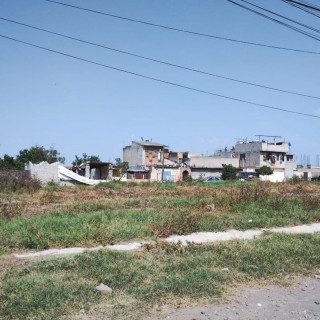

In this inaugural Spanish-language episode of the Urban Lives of Property Series, Clara Salazar delves into the history and concept of the ejidos—collective forms of land ownership introduced by the Mexican Revolution in 1917. Following this, the state began redistributing land to impoverished farmers under the condition that they organize themselves into collectives. Ejidal land, which was typically rural land, could not be sold. The significance of the ejidos persists to this day, although this form of collective ownerships has been the subject of numerous struggles and controversies. In 1992, the rights to ejidal lands were liberalized to permit their sale. Concurrently, the rights associated with private property were strengthened, providing powerful private owners with nearly unmatched opportunities to manage and profit from their lands, leveraging surplus value through public infrastructure provision while offering minimal compensation in return. Meanwhile, self-managed settlements by poor urbanites dwelling informally on the outskirts of metropolises have increasingly encroached upon ejidal land, leading to a parceling of the land and a profound transformation of Mexican cities. Against this backdrop, Clara Salazar makes a compelling case for enhancing public capacities to regulate urban land and to capture surplus value—a challenge that many Latin American countries face, alongside the ongoing evolution of property forms that separate land and housing ownership. An English translation of the transcript is available for download. This episode is a collaboration with the Urban Political Podcast.